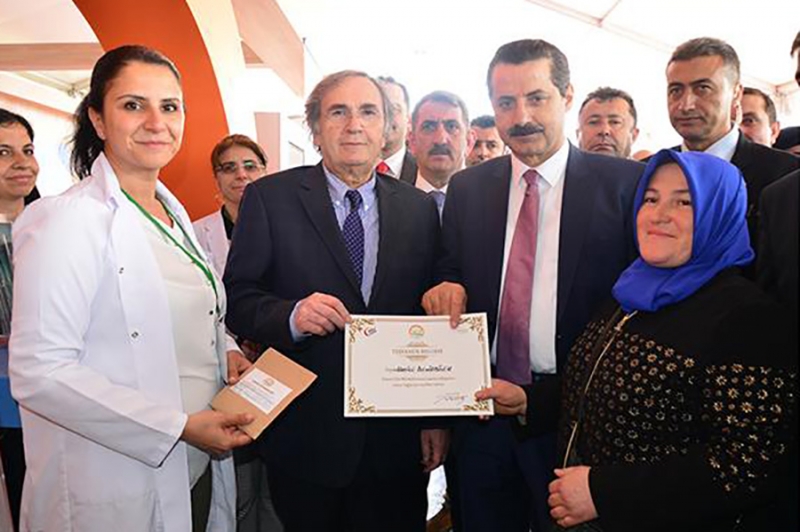

Turkey is one of the most significant countries in the world for its richness in plant genetic resources and plant diversity and one of the centres of origin and/or diversity of several crop plants and many plant The Central Research Institute for Field Crops (CRIFC) carries out applied and basic scientific researches on improving new field crop varieties by conventional and molecular breeding methods and producing elite seeds of those varieties.
Since 2009 CRIFC with support of the International Center for Agricultural Research in the Dry Areas (ICARDA) has been applying the doubled haploid methods that shortens the breeding period and the duration of the development of genetically pure lines. The production of doubled haploids (DH) has become a necessary tool in advanced plant breeding institutes and commercial companies for breeding many crop species, including Barley and Wheat. Doubled haploid technology creates efficiencies in plant breeding by bypassing the natural sexual reproductive process.
The research conducted by the CRIFC aimed to:
Achieved results are:
Standard breeding programs require 50 thousand euros each year and bigger fields with 2000 lines, while application of the DH method needs nearly 17 thousand euros and 200 DH lines, therefore a smaller field, that makes substantial difference in terms of resources required, expected yield and environmental impact.
ICARDA, wheat and barley breeders